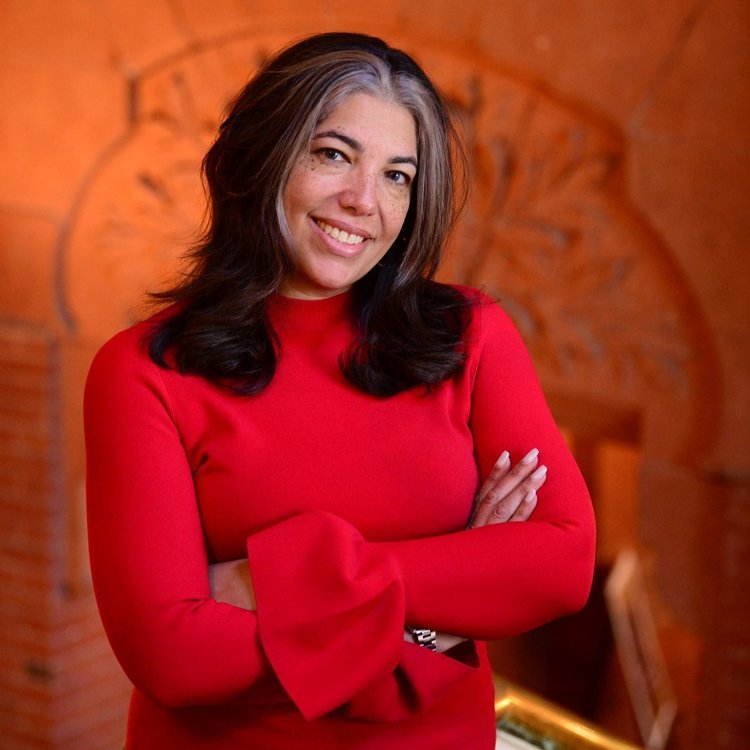Dressing for the Digital Carnival: Homer, Blackness, and AI
Winslow Homer (United States, 1836–1910), Dressing for the Carnival, 1877, oil on canvas, 20 x 30 in. The Metropolitan Museum of Art, Amelia B. Lazarus Fund, 1922. (22.220)
Dressing for the Digital Carnival: Homer, Blackness, and AI
Whether showing rural milkmaids, backwoods anglers, or Caribbean sponge fishermen, the paintings and watercolors of Winslow Homer have long been among America’s favorites. The popularity of Homer’s art has been sustained in large part because of his unique ability to present a diverse cross-section of people, in convincing ways. In the last fifty years, Homer’s paintings of Black people, such as Dressing for the Carnival, have garnered renewed attention from scholars who have sought to understand both the conditions under which the artist composed them and the possible lived experiences that he was trying to capture. This presentation considers the historical reception of Homer’s paintings of Black people and asks what they might have to tell us about contemporary art audiences as artificial intelligence alters the terrain of art creation and consumption.
Gwendolyn DuBois Shaw is the Class of 1940 Bicentennial Term Chair in the History of Art Department at the University of Pennsylvania. She received her PhD in art history from Stanford University and has served on the faculty of Harvard University and as the Senior Historian and Director of Research, Publications, and Scholarly Programs at the Smithsonian’s National Portrait Gallery. She is the author of numerous publications on the art and culture of the United States, with an emphasis on issues of race, class, gender, and sexuality.
The annual Bernard Osher Lecture Series is made possible by the Peggy and Harold Osher Endowment at the Portland Museum of Art. Since 1988, the Bernard Osher Lecture Series has been the PMA's flagship annual event, welcoming visionary cultural leaders, scholars, and thinkers to Maine to share their insights and experiences with museum audiences.


